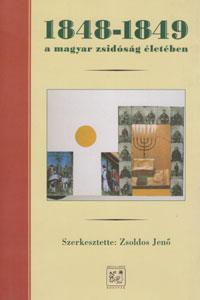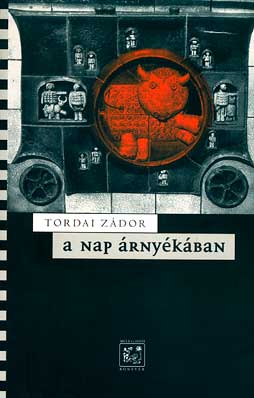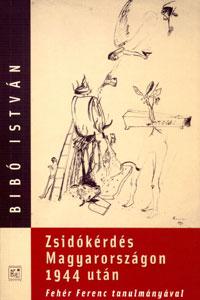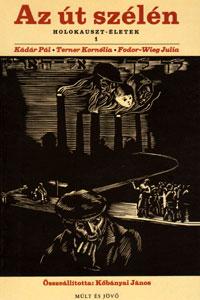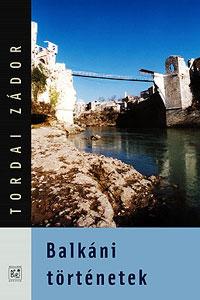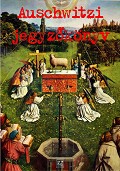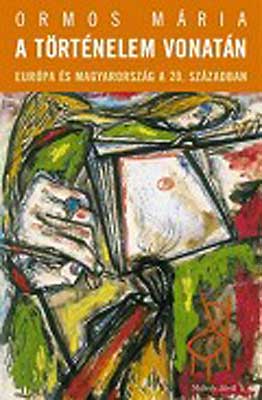
Past and Future
Múlt és Jövő
The first issue of the new Múlt és Jövő Journal appeared, in the form of an anthology, in December 1988. (The Journal is often referred to as MéJ: in academic publications the letters "ÚF", that is, new series, are added.) In 1989 two issues were published, and since 1990 there have been four regular issues per year. Our bibliography, which will be completed in the course of 2000 and which will also be available on the Internet, will provide readers with information about our work over the past ten years. The main genres to be found in the Journal include essays; historical, sociological and Judaistic studies; literature; the fine arts; reportage; and interviews. Although only a small part of our photographic material and illustrations will be found on our Internet pages, we plan to create an illustrations archive, through which we will be able to assist those interested in related subjects. Due to the increasing numbers of foreign subscribers to the Journal we include an English-language contents page and summary at the end of each issue - this is also required by foreign university libraries that subscribe to the Journal. Most of our issues focus on a particular theme. During recent years successive issues of the Journal have focused on the Jewish population of individual countries, such as Israel, Poland, France and Germany, in an attempt to establish connections with Jewish spiritual forums and personalities in these countries. In terms of the themes chosen for the Journal and for our publications, the years 1998 and 1999 were dominated by the 150th anniversary of the Hungarian revolution and 1848 War of Independence, and the 50th anniversary of the birth of the State of Israel. We also publish an annotated bibliography of Jewish-related books published in Hungarian, thus familiarity with the Múlt és Jövő Journal is invaluable for those with an interest in Hungarian Jewish studies.
More...
